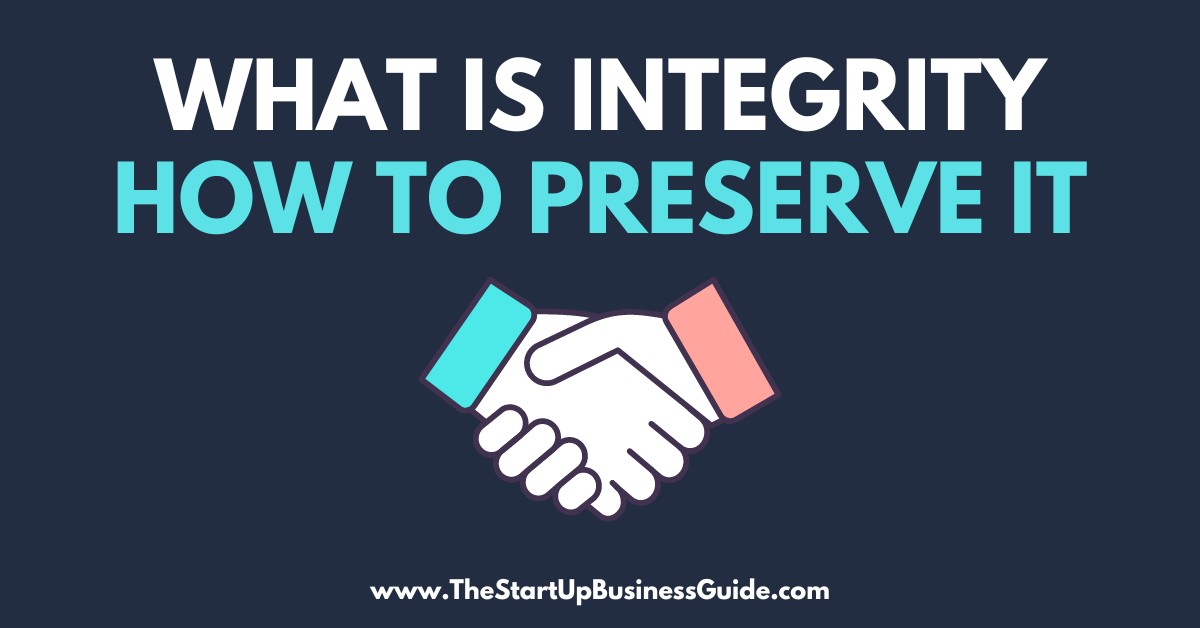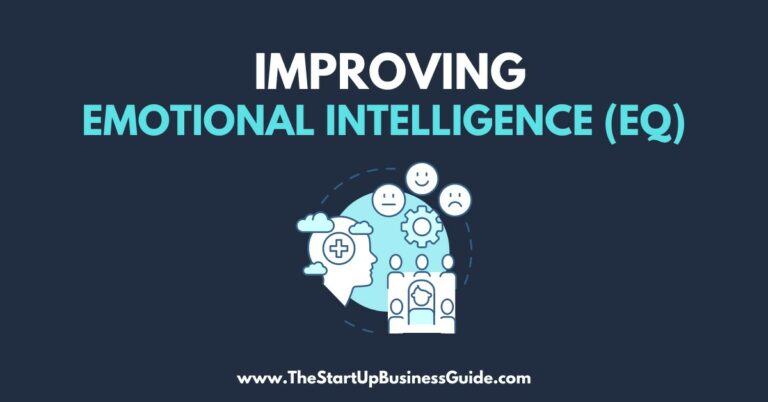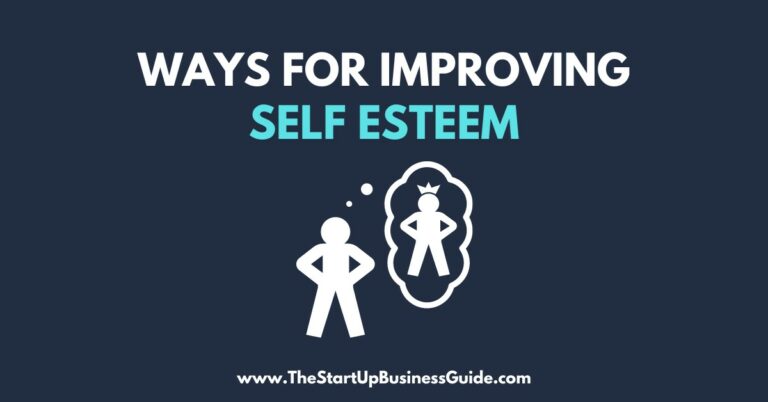What is Integrity and How to Preserve It?

Integrity is a word that we often hear, but may not always fully understand.
At its core, integrity is the adherence to a set of moral and ethical principles.
It is about being true to yourself and your beliefs, and doing the right thing, even when no one is watching.
It’s the foundation of trust and credibility in any personal or professional setting.
Importance of Integrity in Life
Integrity is a vital aspect of being a good and trustworthy person.
It’s essential in both our personal and professional lives, as it allows us to build and maintain strong relationships, earn the respect of others, and create a positive reputation for ourselves.
Additionally, having integrity helps us to navigate through the complicated and ever-changing world of business, and make tough decisions with confidence and conviction. In a world where trust and credibility are often in short supply, integrity is more important than ever.
How to Develop and Preserve Integrity
Let’s go through some of the steps to develop and preserve your integrity:
Understand and live by your values and principles
The first step in developing integrity is to understand your own values and principles.
What do you stand for?
What are the beliefs and principles that guide your decision making and behavior?
Once you have a clear understanding of your own values and principles, it’s important to actively live by them.
This means making sure that your actions and decisions align with your values and principles, even when it may be difficult or uncomfortable.
Communicate honestly and openly
Being honest and open in your communication is another key aspect of integrity.
It’s important to be truthful and transparent in your interactions with others, whether it’s in your personal or professional life.
This means being honest about your intentions, thoughts, and feelings, even when it may be difficult to do so.
Also, it’s important to actively listen to others, and respect their perspectives and opinions.
Take Responsibility for your actions and decisions
Integrity also means taking responsibility for your actions and decisions.
This means being accountable for the consequences of your actions, whether they are positive or negative.
It also means being willing to admit when you’ve made a mistake, and taking steps to correct it.
This shows that you are reliable and trustworthy, and can be counted on to do the right thing.
Lead by Example
Leading by example is another important aspect of integrity.
This means setting the standard for ethical behavior, and consistently acting in a way that is consistent with your values and principles.
It also means being open and transparent about your own actions and decisions, and encouraging others to do the same.
Continuously self-reflect and make adjustments as necessary
Integrity is not a one-time thing; it requires continuous effort and maintenance.
That’s why it’s important to engage in regular self-reflection and be open to making adjustments as necessary.
Ask yourself whether your actions align with your values and principles, seek feedback, and actively strive for self-improvement.
It’s important to note that integrity is not something that can be bought or sold, but rather, it must be cultivated and maintained through consistent effort.
And while it’s a personal responsibility, it leads to a better and more trustworthy society, community, and business environment.
Key Points about Integrity
Frequently Asked Questions (FAQ) about Integrity
Q. What is the difference between integrity and honesty?
A: Integrity is the adherence to a set of moral and ethical principles, while honesty is the act of being truthful. Both are closely related but separate concepts.
Q. Can a person have integrity and still make mistakes?
A. Yes, everyone makes mistakes. A person with integrity takes responsibility for their mistakes, strives to correct them, and learn from them.
Q. Can integrity be measured?
A. It is difficult to measure integrity as it is a subjective concept that varies from person to person.
However, one’s actions and decisions can be evaluated in terms of consistency with their values and principles.
Q. How can I develop integrity in my personal and professional life?
A. Developing integrity requires self-reflection, setting personal and professional goals, and being true to your own values and principles.
Practice honesty, responsibility, and ethical behavior in all aspects of your life, as well as continuously strive for self-improvement.






